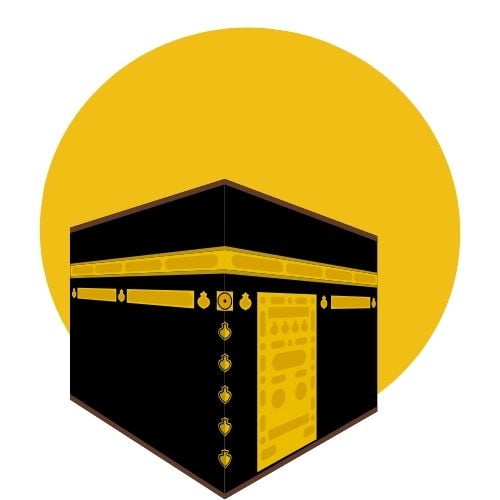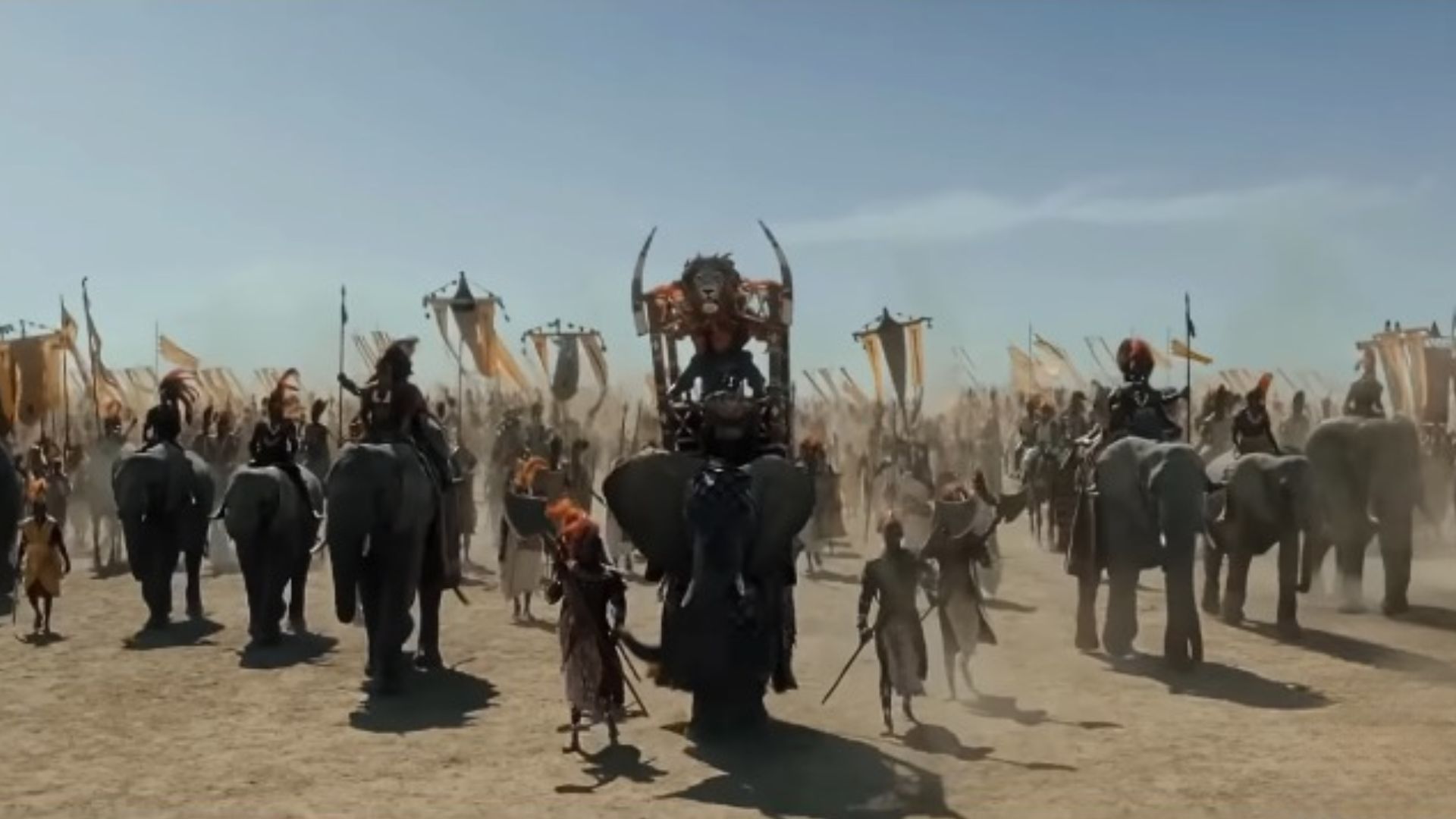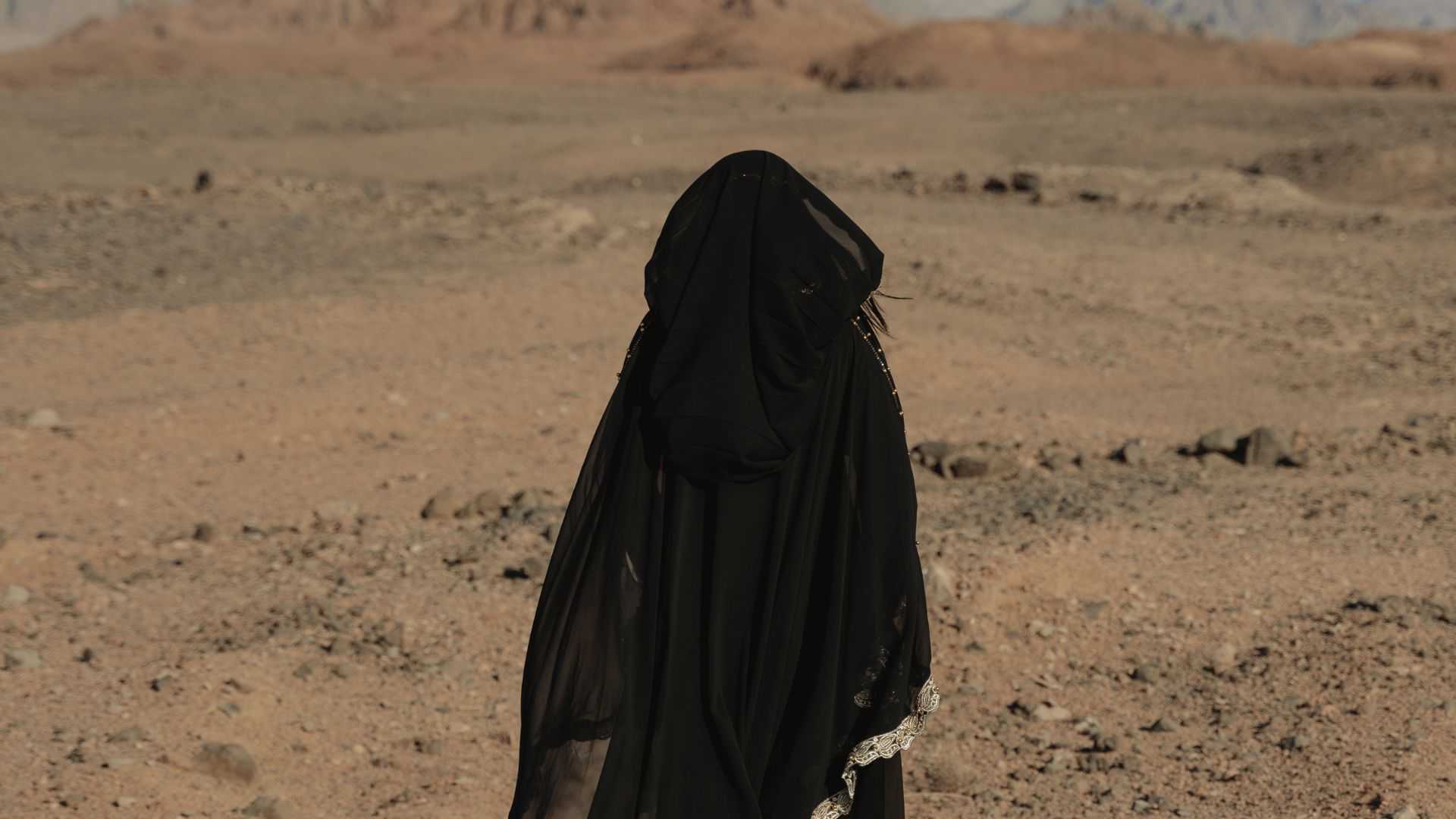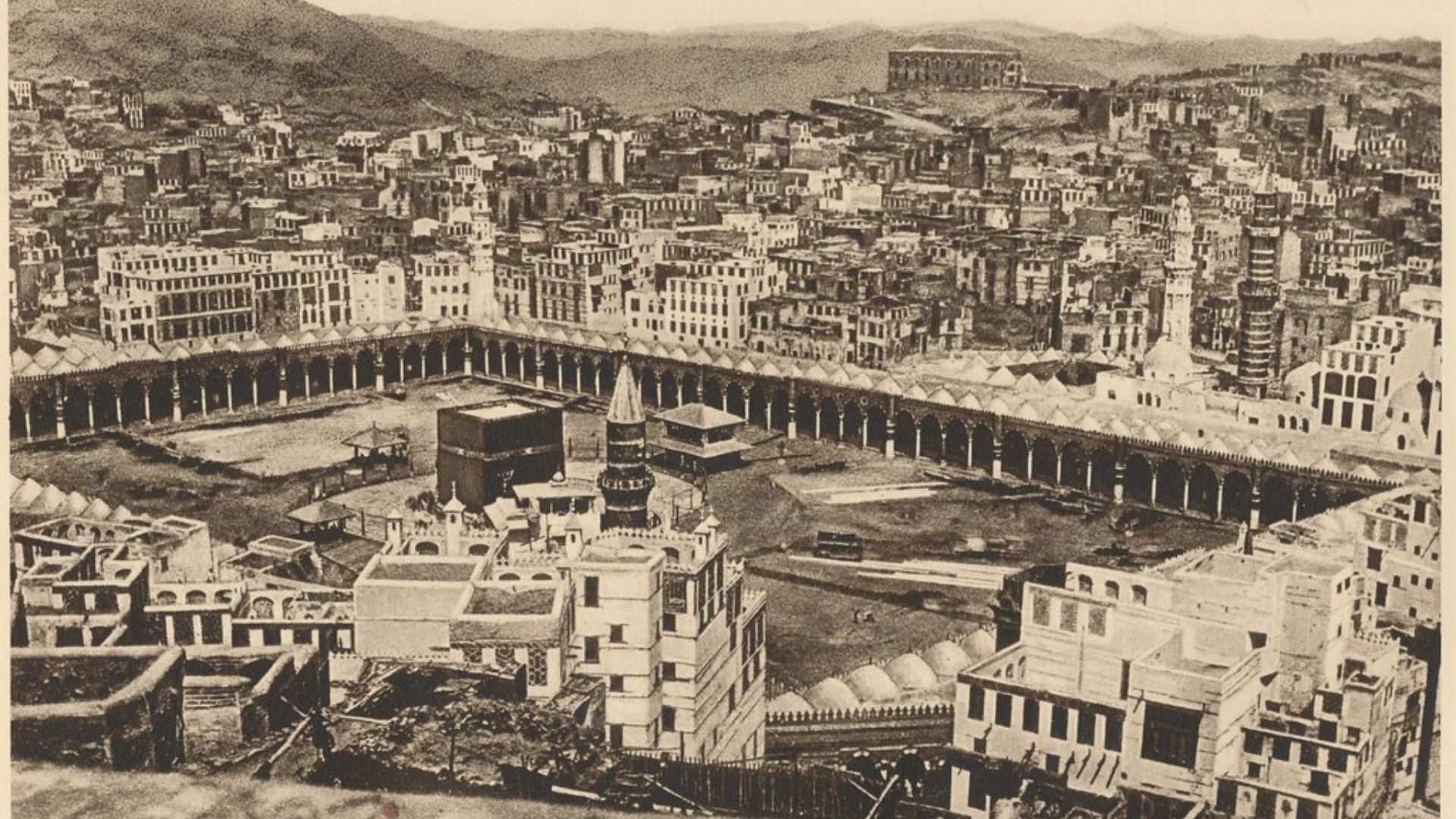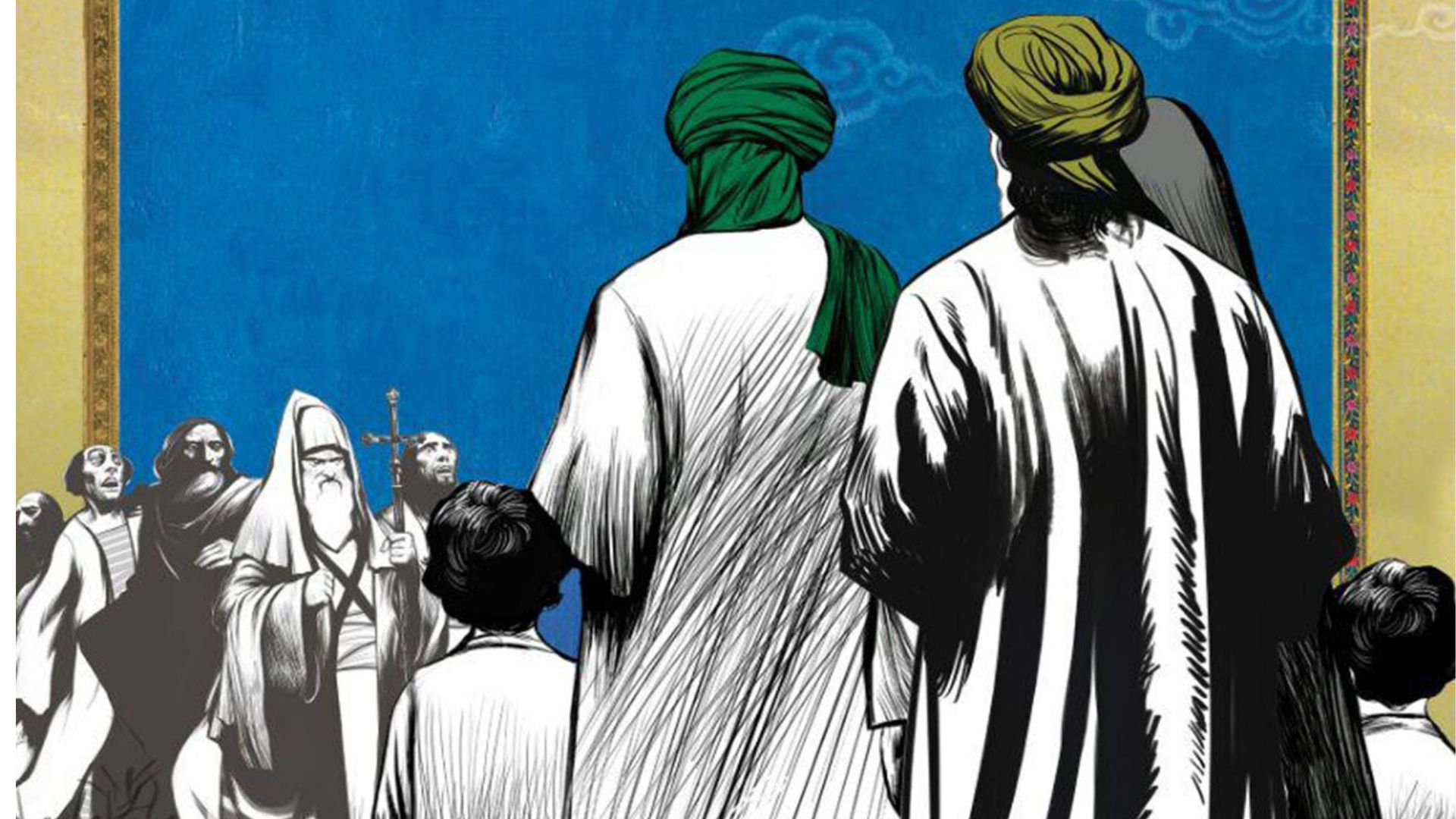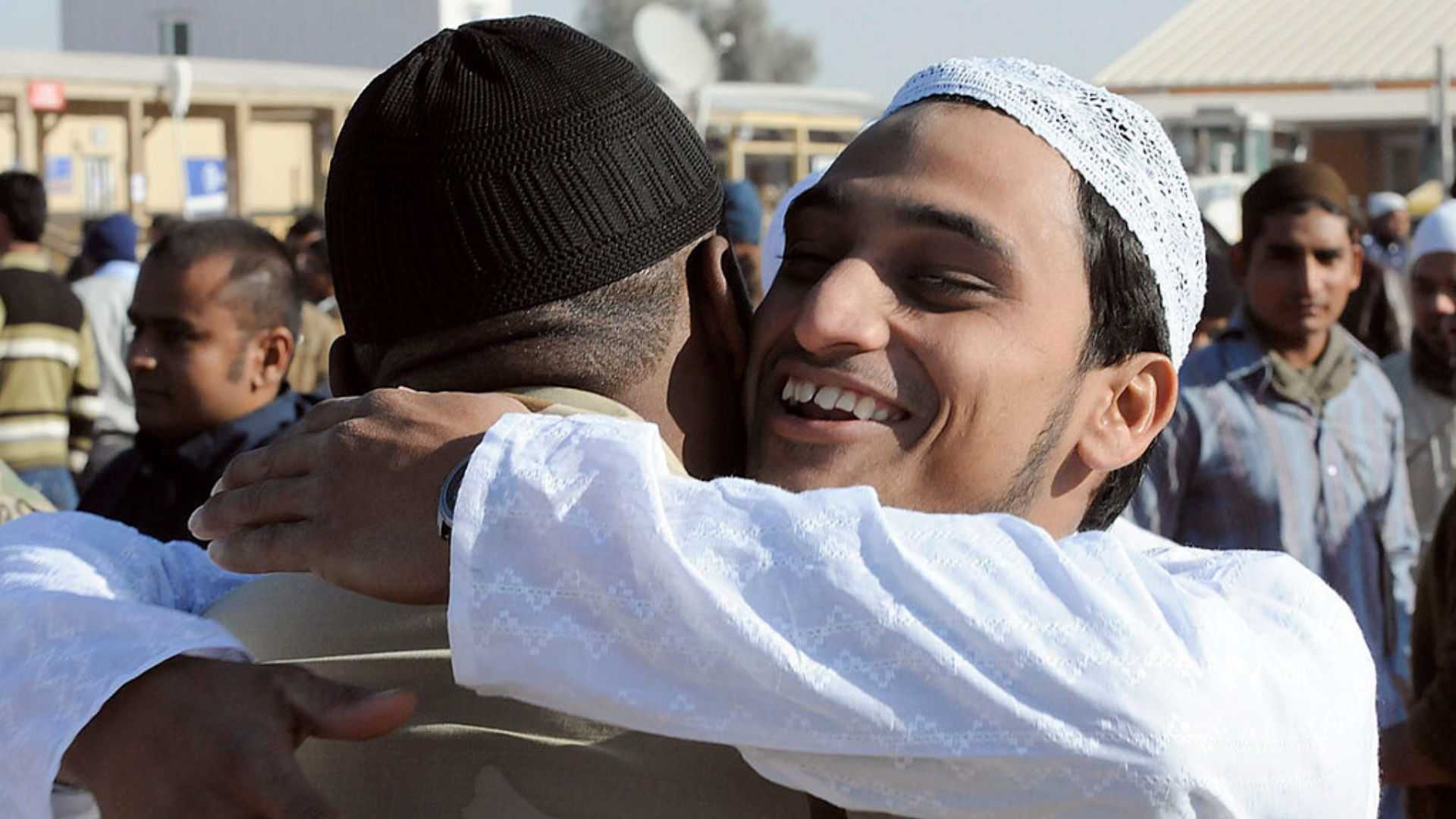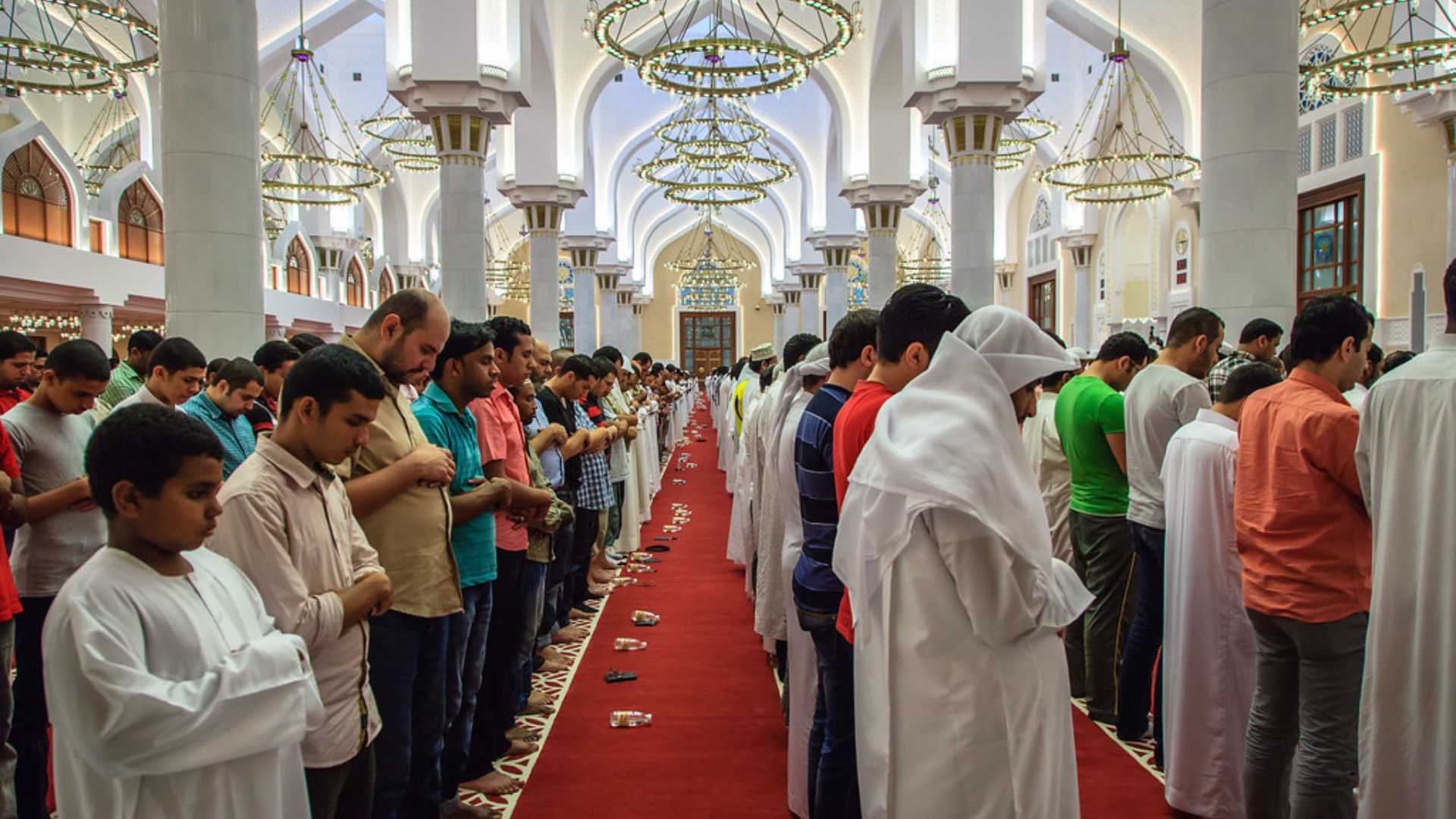Abraha’s Attack on Kaaba was a major event in Islamic history and the year came to be known as the Year of the Elephant (Amul-Fil). But who was Abraha and why did he attack the Kaaba? and what happened to his army? Let’s learn the entire Story of Abraha’s Attack on Kaaba and the Year of the Elephant.
Who was Abraha? Why did he want to attack Kaaba?
Abraha al-Ashram was the Ethiopian governor of Yemen. He was envious of the Arabs’ respect for the Ka’bah. As a devout follower of Christianity, he constructed a massive cathedral in Yemen’s capital city of Sanaa and commanded the Arabs to make pilgrimages there instead. The directive was disregarded. Furthermore, someone entered the cathedral and left it dirty. Abraha’s anger had no boundaries. He chose to destroy and desecrate the Ka’bah itself in order to exact revenge out of his rage. He marched towards Mecca leading an enormous army.
The Year of the Elephant
His army consisted of numerous elephants, and he rode a massive elephant himself. In those times, the years were named after the major events that happened in that year. The year, therefore, became known as “Amul-Fil” (the year of the elephant) because it was an animal that the Arabs had never seen before and it marked the beginning of an age for the Arabs to count the years. and that’s why Prophet Muhammad was said to be born in the Year of the Elephant. This was in use up until the time of ‘Umar ibn al-Khattab, who replaced it with the Hijra era at the recommendation of Hazrat ‘Ali ibn Abi Talib.
The capture of Abdul-Muttalib’s Camels
The Arabian tribes of Quraish, Khuza’ah, Kinanah, and Hudhayl came together to defend the Ka’bah upon hearing of Abraha’s army’s approach. In an attempt to capture the youths and camels, Abraha dispatched a small contingent to Mecca. The group caught several animals, including 200 of ‘Abdul-Muttalib’s.
Abraha, in the meantime, sent a man from the Himyar tribe to the Quraish to inform them that he was not coming to battle them but rather to destroy the Ka’bah. However, the Quraish would be destroyed if they resisted. Then came a terrifying account of his massive army, which was undoubtedly bigger and more powerful than all the tribes together.
In response to this demand, Abdul-Muttalib said:
“By Allah, we do not want to fight him. So far as this House (the Ka’bah) is concerned, it is the House of Allah; if Allah wants to save His House, He will save it, and if He leaves it unprotected, no one can save it.”
Abdul-Muttalib meets Abraha
Then ‘Abdul-Muttalib went to see Abraha with ‘Amr ibn Lu’aba and a few other notable men. Abraha was already aware of the stature and status of ‘Abdul-Muttalib. Additionally, Abdul-Muttalib had an amazing and remarkable personality. He went into Abraha’s tent, and the latter got up from his throne, greeted him heartily, and took a seat next to him on the carpet. Abdul-Muttalib asked him to free his camels during their talk. Abraha was taken aback. He stated:
“When my eyes fell upon you, I was so impressed by you that had you requested me to withdraw my army and go back to Yemen, I would have granted that request. But now, I have no respect for you. Why? Here I have come to demolish the House which is the religious center of yours and of your forefathers and the foundation of your prestige and respect in Arabia, and you say nothing to save it; instead, you ask me to return your few camels back to you?!”
Abraha’s Attack on Kaaba
Abraha gave his men orders to enter Mecca on the second day. The Meccans were instructed by ‘Abdul-Muttalib to evacuate the city and take shelter in the nearby hills. However, he stayed inside the Ka’bah’s boundaries together with a few prominent Quraish members. Someone was dispatched by Abraha to tell them to leave the building. The messenger inquired about the identity of the group’s leader when he arrived. Every finger was pointing towards ‘Abdul-Muttalib. He was invited back to Abraha’s house, where he spoke with him.
As he came forth, he was heard saying:
“The Owner of this House is its Defender, and I am sure He will save it from the attack of the adversaries and will not dishonor the servants of His House.”
Then, Abdul-Muttalib grabbed the Ka’bah door and cried out to Allah while offering the following (poetic) prayer:
(O Allah! Surely a man defends his own home, therefore, Thou shouldst protect Thy Own House. Their cross and their wrath can never overcome Thy wrath. O Allah, help Thy Own people against the fellows of the cross and its worshippers).
Army of Ababeel Birds and Rain of Pebbles
Then Abdul-Muttalib too made his way to Abu Qubays, the hill’s summit. Abrahah led his army, the large elephant in the lead, towards Makkah. Despite being beaten and given directions, the elephant refused to move. Surprisingly, it ran instantly when they pointed it in the direction of Yemen and the ash-Sham territories.
When he saw the Ka’bah’s walls, he gave the order to demolish it. An army of Allah materialized from the western side (from Sea’s direction) as soon as the army got close to the Ka’bah. A cloud of tiny birds, called Ababeel in Arabic, covered the entire Abraha army. There were three pebbles in each bird: one in its beak and two in its claws. The names of each of Abrahah’s men were inscribed on the stones, which were larger than lentils but smaller than chickpeas. The named soldier would be hit by the stone, which would enter through his brain and exit through his bottom, killing him. The birds released a rain of pebbles, and within minutes the entire army of 60,000 soldiers was completely destroyed. Having suffered severe injuries himself too, Abraha attempted to flee to Yemen but perished en route.

Allah makes reference to this significant occasion in Chapter 105:
Have you not seen how your Lord dealt with the companions of the Elephant? Did He not make their treacherous plan go astray? And He sent against them birds in flocks, striking them with stones of baked clay, so He rendered them like straw eaten up.
(Qu’ran, 105)
Year of the Elephant in Quran (Surah Al-Fil)
The story of the army of elephants is mentioned in the Quran in Surah Al-Fil:
أَلَمْ تَرَ كَيْفَ فَعَلَ رَبُّكَ بِأَصْحَـٰبِ ٱلْفِيلِ
Alam tara kaifa fa’ala rabbuka bi ashaabil feel
Have you not seen ˹O Prophet˺ how your Lord dealt with the Army of the Elephant?
أَلَمْ يَجْعَلْ كَيْدَهُمْ فِى تَضْلِيلٍۢ
Alam yaj’al kaidahum fee tadleel
Did He not frustrate their scheme?
وَأَرْسَلَ عَلَيْهِمْ طَيْرًا أَبَابِيلَ
Wa arsala ‘alaihim tairan abaabeel
For He sent against them flocks of birds,
تَرْمِيهِم بِحِجَارَةٍۢ مِّن سِجِّيلٍۢ
Tarmeehim bihijaaratim min sijjeel
that pelted them with stones of baked clay,
فَجَعَلَهُمْ كَعَصْفٍۢ مَّأْكُولٍۭ
Faja ‘alahum ka’asfim m’akool
leaving them like chewed up straw.
Wadi-i Muhassar: Place of Abraha’s Army destruction
Traditionally, it is said that Abraha’s army was annihilated by the Ababeel birds in a little valley called Wadi-i Muhassar (وادي محسر). Between Mina and Muzdalifah is Wadi Muhassar, also referred to as the Valley of Fire (وادي النار). Situated around 10 kilometers to the east of Mecca City is the valley. According to Surah al-Fil, this is the place where the army of Abraha was reportedly destroyed while they were marching toward Makkah. Walking briskly across this area is Sunnah when passing between the Muzdalifah and Mina.
Was the army destroyed by an Epidemic?
In an attempt to downplay the significance of divine intervention, some historians have proposed that the army’s demise was caused by a smallpox outbreak. However, this kind of explanation raises more questions than it answers. How come the disease struck the entire army at the exact moment that it was closing in on the Ka’bah? How did it happen that no soldier survived the epidemic? Why did no Meccan catch the infectious epidemic? Furthermore, where did the pandemic originate if there had never been an epidemic in Mecca before or following that unexpected outbreak of the plague?
This historic event took place in 570 A.D. The Messenger of Allah, the final prophet of Islam, Prophet Muhammad (pbuh) was born to Abdullah and Amina in the same year.
So this was the entire Story of Abraha’s Attack on Kaaba and Year of the Elephant. Read more about the History of Islam or follow us social media to get daily Islamic reminders.
FAQs on Year of the Elephant
Why was the Year of Prophet's birth known as the Year of the Elephant?
Because of a well-known incident that year, the year became known as the Year of the Elephant. Abraha, the Yemeni ruler, assembled his massive army, which included elephants, and marched on Mecca in the year 570–571 CE with the intention of demolishing the Ka’bah. The year was dubbed the Year of the Elephant as a result.
What is the month of the Elephant?
The Islamic calendar does not have any month named the Month of the Elephant.
Why did Abraha want to destroy the Kaaba?
The ruler of Yemen, Abraha al-Ashram, was a devout Christian who envied the Kabah, where the Arabs went on pilgrimages. As a result, he constructed a large cathedral in Sanaa and told the Arabs to go there instead of the Kabah, but they refused.
He became enraged by this and made the decision to demolish the Kabah. He assembled his massive army of elephants and set out for Mecca.
How did Allah destroy Abraha's army?
Allah’s army of Ababeel birds attacked Abrah’s army when they were ordered to destroy the Kabah and stood in front of it. Abraha’s army was ambushed by a dark cloud of tiny birds that emerged from the western direction. Abraha’s army was decimated in a matter of minutes as the bird’s army showered pebbles on it.
What are the benefits of Surah al fil?
The Holy Quran contains a complete Surah that describes the elephant event; it is known as Surat Al-feel, or “The Elephant.” With just five verses, it is a brief surah that provides a detailed account of events during the year of the elephant.

